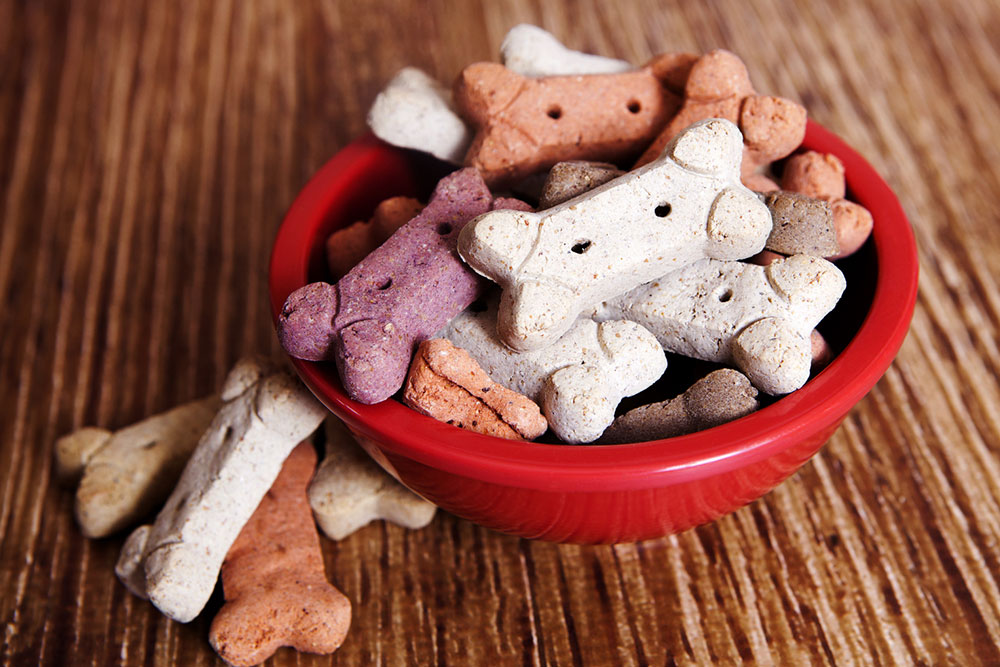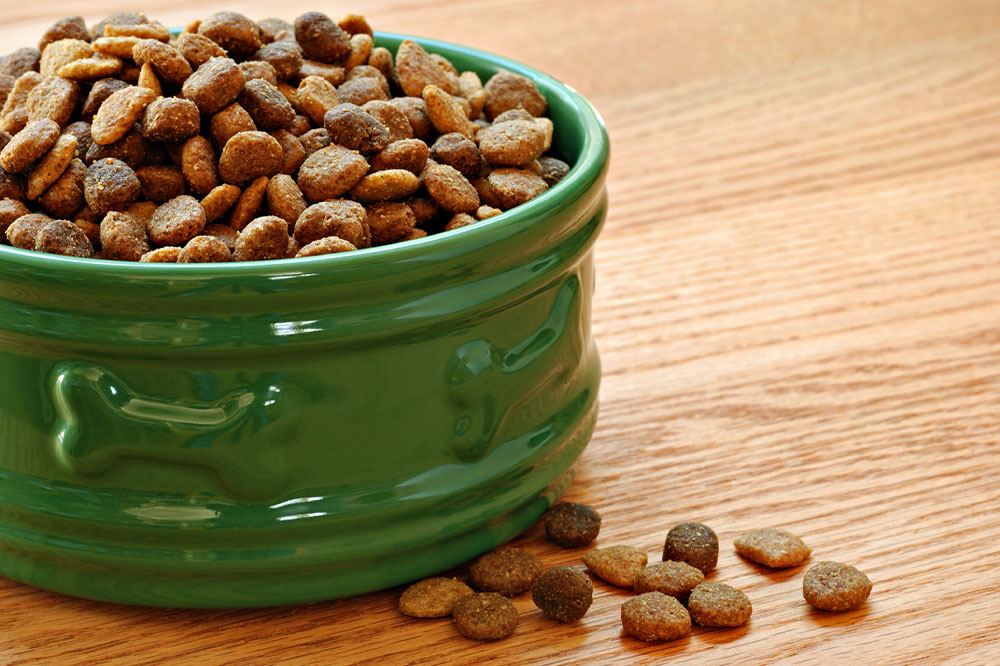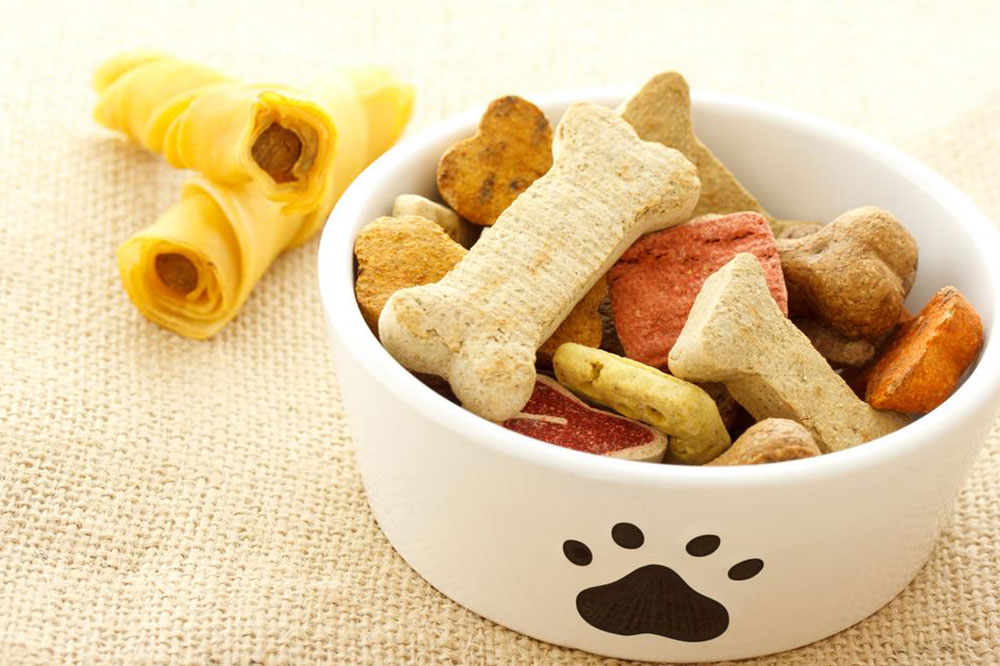Factors to consider while picking healthy dog food
As a dog parent, you might frequently catch yourself deliberating over your pet’s health, especially their diet. At the moment, there are myriad of dog food manufacturers, and though they market their products as “highly nutritious” or “organic,” in reality, they aren’t forthcoming about the “other” ingredients that can affect your dog’s overall health. In a nutshell, you have to very particular about what’s healthy and what’s not for your dog.

Choose dog food with high-quality animal protein
It is imperative that your dog regularly consumes a sufficient amount of protein for muscle strength, skin cell regeneration, hair growth, and steady hormone function. You can pick a product that comprises of animal meat like beef, chicken, fish, lamb, rabbit, or venison. Some manufacturers might include egg protein in their ingredient list, which is good, but you should preferably pick dog food that contains top quality animal protein. Ensure that the food you buy specifies what kind of animal meat it contains. If the pack just mentions “animal meat,” then be wise, and look for other options.
Veggies are super important
Like humans, pets also need a regular supply of veggies for maintaining their immunity. So look for healthy dog food that has an adequate portion of vegetables. Potatoes, edamame, green beans, asparagus, sweet potatoes, peas, Brussel sprouts, zucchini, spinach, and broccoli are some safe options for dogs. Apart from healthy dog food, antioxidant-rich fruits like watermelon, pears, apples, blueberries, pineapples, raspberries, and oranges should also make their way into your dog’s diet.
Go grain-free or maybe not
Grains are not particularly bad for dogs, but some pets are allergic to gluten or develop this condition later. So, it is smart to steer clear of dog food products that contain grain. Some telltale signs of an allergy are excessive licking of the paws, vomiting, diarrhea, and scratching. If you notice any such signs, consult the vet immediately. At times, allergies projecting such signs could also be caused by the main protein ingredient like chicken or beef. In such a case, the vet will be the best judge to tell you about what kind of dog food will be healthy for your canine.
Don’t just read the ingredients label
While you scrutinize the ingredients label, don’t miss out on the AAFCO (Association of Animal Feed Control Officials) statement of nutritional adequacy or balance like, “provides complete and balanced nutrition” or “all life stages.” An AAFCO endorsement ensures that the nutritional value of dog food is on par with the prescribed standards.
Know what to ditch
There are two things that you don’t want in your dog’s diet — artificial preservatives and fillers. Artificial preservatives are chemicals that are incorporated in dog food to extend its shelf life. They are unhealthy and could trigger health issues. Some common food preservatives to be wary of are Butylated Hydroxyanisole (BHA), Butylated Hydroxytoluene (BHT), Ethoxyquin, and Propylene Glycol (PG). Healthy dog food comes with natural preservatives like vitamin C and E or extracts of rosemary. While these don’t increase the shelf life by a great measure, they ensure that the nutritional value of food is not compromised.
On the other hand, fillers like corn bran and cereal by-product are used in dog food so that the pet gets full quickly, but they have limited nutritional value. So avoid these at all costs! While you are bidding farewell to these ingredients, make sure that your dog food brand doesn’t contain food dyes. Some studies have demonstrated that artificial colors cause allergies, reactions, and behavioral issues in pets.
Preferably avoid meat by-products
Whether you choose to feed your dog with meat by-products or not is a personal choice. Blood, bone, brains, udders, stomach, and cleaned intestines qualify as meat by-product. These might not sound edible, but most probably, your dog will find it incredibly tasty. The main issue with meat by-products is that their nutritional value is notably low as compared to conventional meat cuts. Such by-products are considered unsuitable for human consumption, so ideally, your pet shouldn’t be having them as well. And though they aren’t harmful, they may degrade your pet’s daily nutritional intake.
While picking healthy dog food, ensure that it is formulated according to the age and breed of your dog. For example, an adult dog will need food that has limited calories and fat content, especially if they happen to be inactive. Investing in healthy dog food that’s fit for a certain age and breed will help prevent chronic diseases like diabetes and cardiac problems. Likewise, older dogs will need dog food that is low in calories but high in fiber and fatty acids.
Blue Buffalo, Nature’s Variety, Darwin’s Natural Pet Products, ORIJEN, and Dr. Harvey’s are some brands that offer the best dry and wet dog foods.




